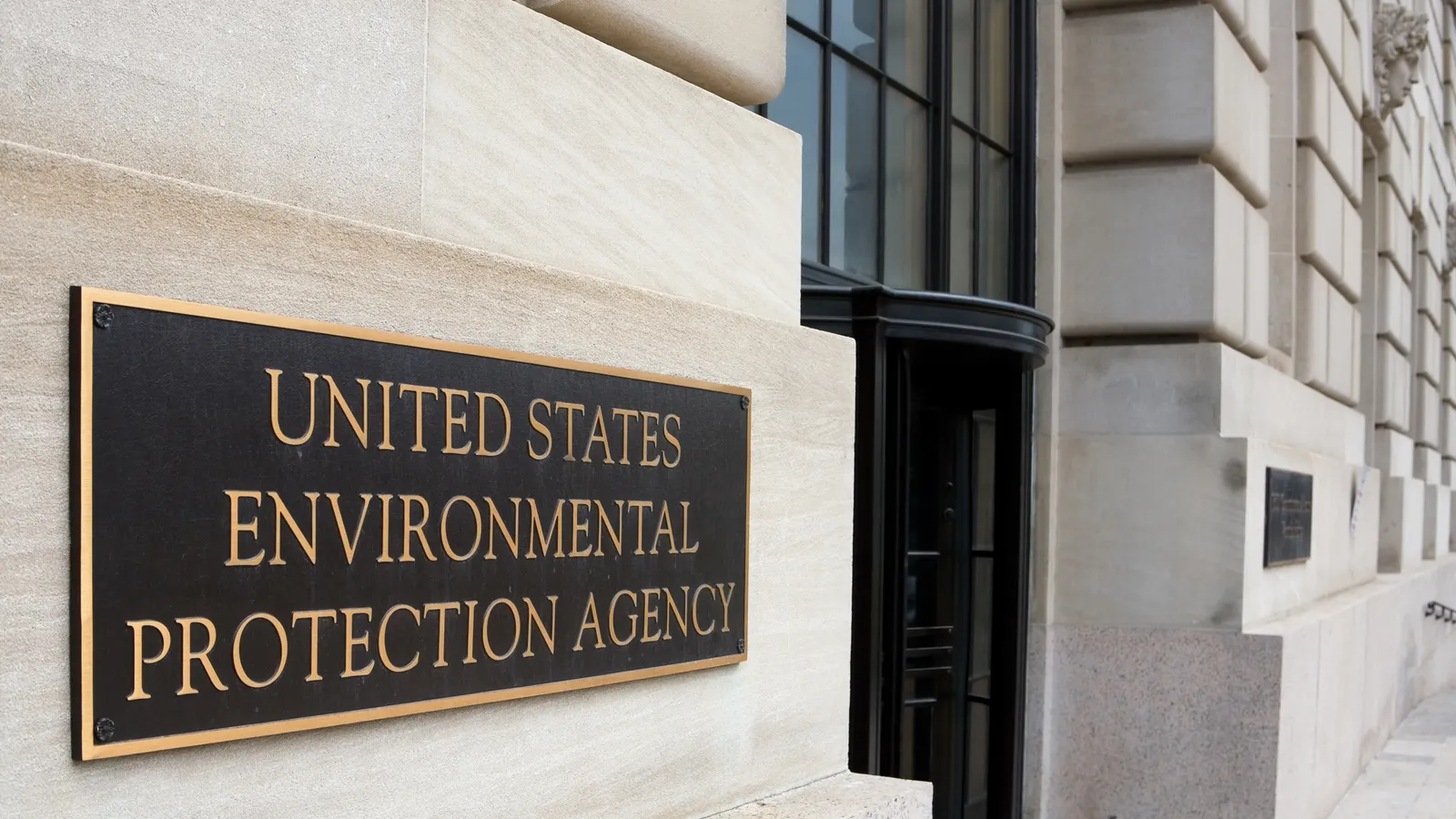Background of the Proposed Changes
In an ambitious move, the Környezetvédelmi Ügynökség (EPA) has initiated plans to reverse components of a greenhouse gas emissions framework established in 2009. This proposed overhaul emphasizes the implications for heavy-duty trucks and may significantly reshape current regulations.
Potential Effects on Industry Regulations
The changes, if enacted, could usher in sweeping alterations to regulatory measures. Among these are the greenhouse gas emissions rules for heavy-duty trucks unveiled last year, which are already under scrutiny. According to the current EPA Administrator, Lee Zeldin, the proposed policy marks a decisive shift encouraged by industry leaders seeking to lighten the regulatory load. Immediate responses from various transport associations indicate strong support for this course of action.
Reactions from the Trucking Industry
The trucking industry has voiced its approval, as many believe that stricter emissions regulations may not align with practical operational realities. Chris Spear, president of the Amerikai Kamionos Szövetség, stated that while cleaner technologies are desirable, policies should reflect genuine market conditions. This sentiment echoes the broader challenges within logistics and transportation sectors.
Scientific Findings Underpinning the Framework
The scientific foundation on which the original regulations were based identified the electric power sector as the largest greenhouse gas emitter, closely followed by the transportation segment. These findings were pivotal in shaping legislative measures aimed at reducing emissions, particularly for heavy-duty trucks. The reversal seeks not only to roll back these standards but also to provide the trucking industry greater flexibility in adapting to emissions control technologies.
Támogatás a szabályozó testületektől
The proposed changes have gained traction among key advocacy groups, including the Clean Freight Coalition, which represents major trucking associations. Executive Director Jim Mullen noted that the initiative to rescind the heavy-duty greenhouse gas regulations from last year is supported due to concerns over unattainable emissions targets. Such developments could, however, spark debates about the potential impacts on supply chains and freight pricing across the nation.
Concerns About Long-term Investments
Not everyone is on board with the proposed EPA alterations. Various environmental organizations, including Calstart, assert that rolling back emissions standards may undermining future investments in electric vehicle (EV) and battery manufacturing infrastructure across multiple states like Indiana, Georgia, and Tennessee. Calstart’s CEO, John Boesel, highlighted the potential for increased reliance on the oil industry and adverse effects on the United States’ position in the clean transportation sector globally.
Health and Environmental Considerations
The existing framework, which was set under former administrator Lisa Jackson, outlined concerns regarding public health and the environment due to pollution. It emphasized risks from deteriorating air quality, extreme weather events, and coastal flooding due to climate change effects. With a potential rollback of these regulations, the EPA would need to demonstrate that they are addressing significant health concerns and environmental risks as part of their justification.
The Rulemaking Process Ahead
The road forward is not short. The EPA must undertake a comprehensive rulemaking process to justify any changes, which could take months, if not years. This includes public commentary periods and potential judicial review. As part of this process, the EPA will face challenges from reaffirmations of existing standards in both 2016 and 2022, but they assert that new scientific evidence will support their case.
New Scientific and Legal Challenges
Some reports indicate that shifts in the scientific narrative have occurred since the initial 2009 findings, opening the door for new investigations and revisions. The agency has pointed to technological advancements and major legal shifts toward policymaking by legislative bodies rather than administrative agencies as grounds for reassessment.
Logisztikai és szállítási vonatkozások
These changes carry significant weight beyond just the regulatory landscape; they could reshape logistics operations comprehensively. From how transportation routes are planned, to emissions monitoring requirements during freight movement, the outcome could dramatically influence how logistics firms strategize and execute their operations.
Exploring Future Logistics Developments
As changes in regulatory policy approach, logistics firms must prepare for the impacts on their operations. Regulations concerning moving freight, trucking regulations, and overall vehicle emissions standards will likely necessitate increased compliance monitoring and operational adjustments. Keeping pace with evolving policies will be a crucial aspect of the logistics landscape.
A legfontosabb pontok összefoglalása
In summary, the EPA’s proposed reversal of its 2009 emissions framework has the potential to influence the trucking industry’s regulatory environment significantly. While it may alleviate some burdens on trucking associations, concerns remain regarding public health and environmental standards. As these discussions unfold, logistics companies must remain vigilant in adapting to new regulations, ensuring that they can continue operating efficiently while meeting emerging demands.
In this ever-shifting landscape, platforms like GetTransport.com offer vital backup for cargo transportation, ensuring that logistics companies have access to affordable and effective solutions tailored to their needs. Whether it’s moving heavy-duty freight or managing house moves, GetTransport.com stands equipped to handle logistics efficiently and cost-effectively, thus simplifying the transportation landscape for everyone involved.
The complexities of emissions regulations may shift like sand, but logistics will continue to thrive, provided businesses stay adaptable and proactive. By leveraging reliable services like those offered by GetTransport.com, businesses can confidently navigate through these tumultuous waters. Make the most informed decisions without breaking the bank, and seize the opportunity to streamline your logistics moving forward. Book your cargo transportation today!

 Az EPA javasolja a 2009-es Üvegházhatású Gázkibocsátási Szabályok és azok Hatásainak módosítását">
Az EPA javasolja a 2009-es Üvegházhatású Gázkibocsátási Szabályok és azok Hatásainak módosítását">